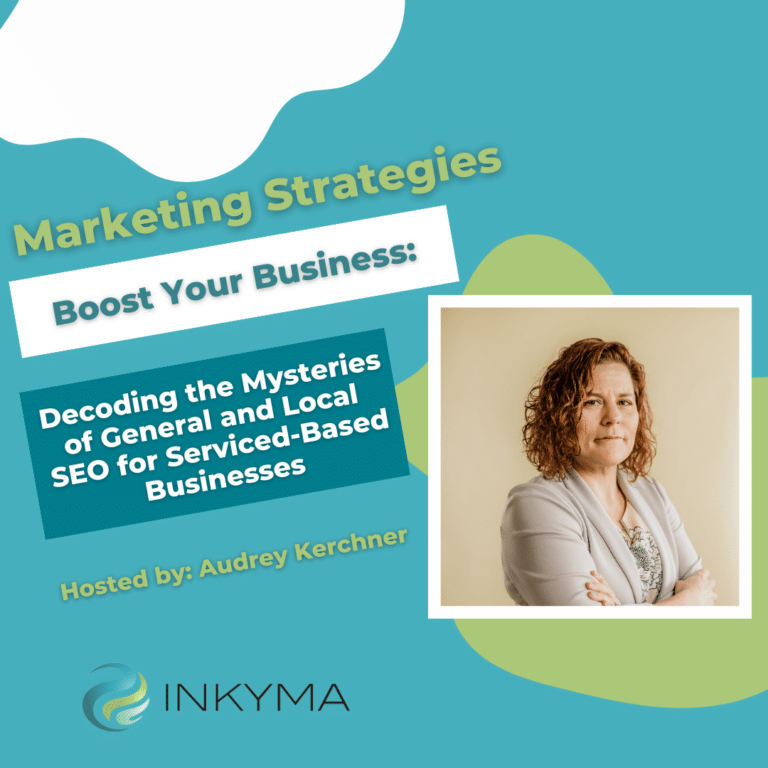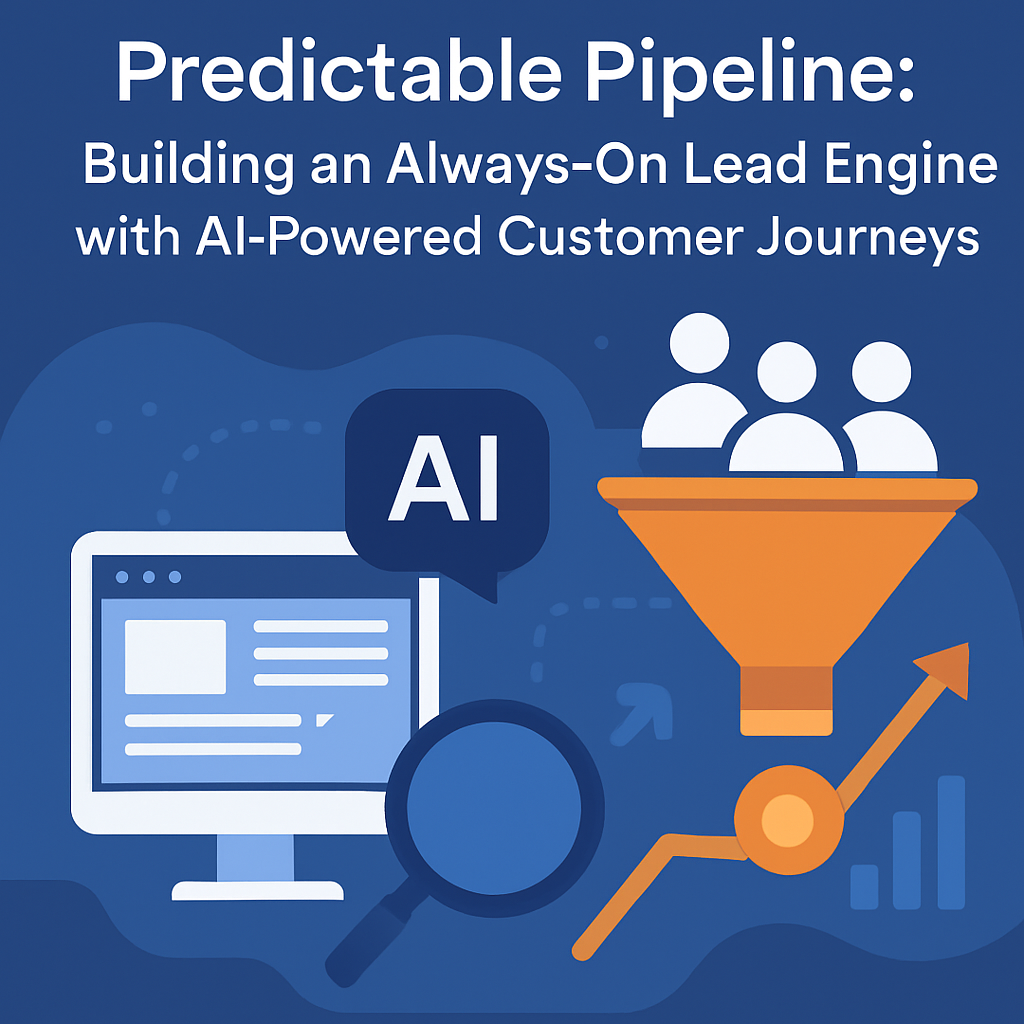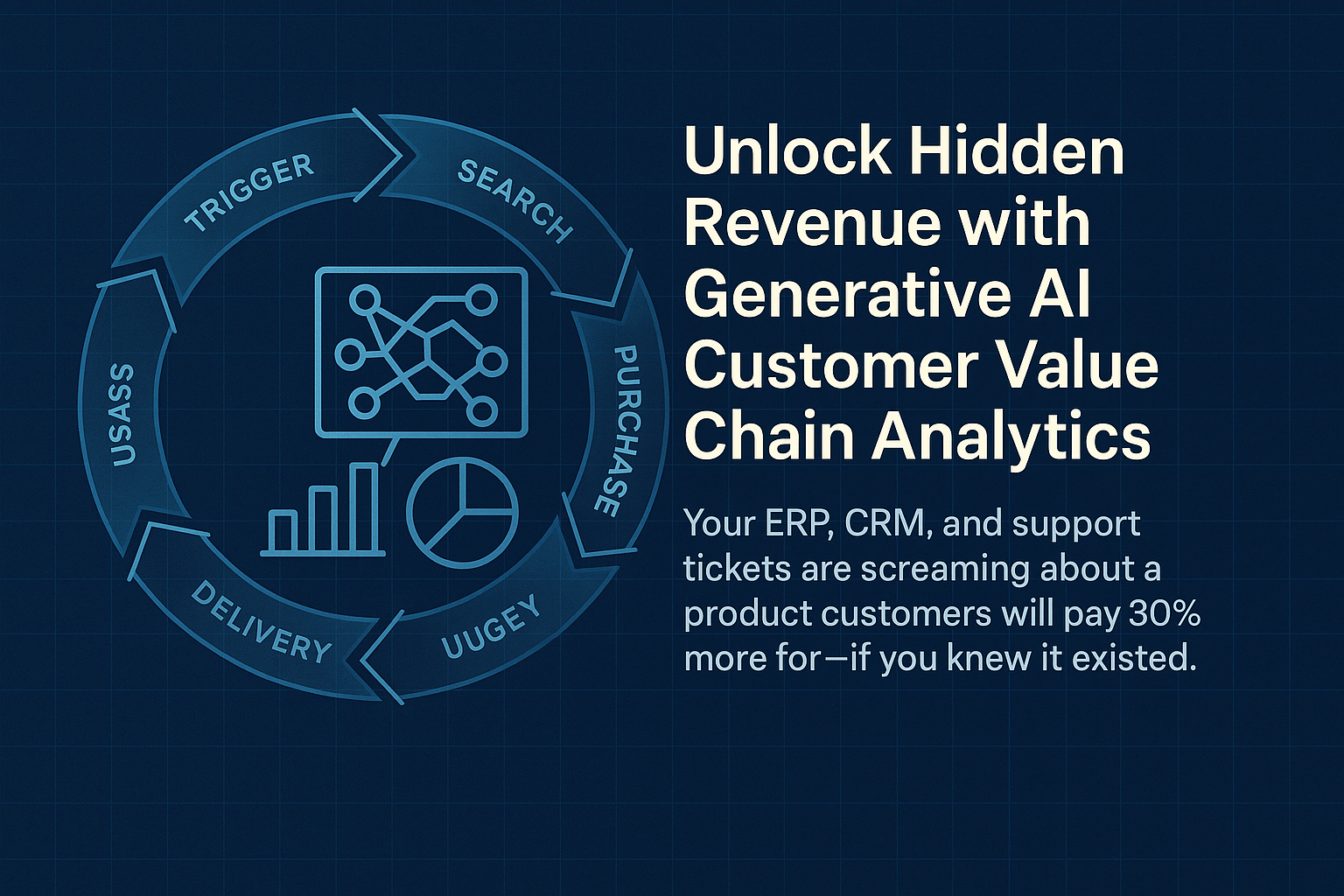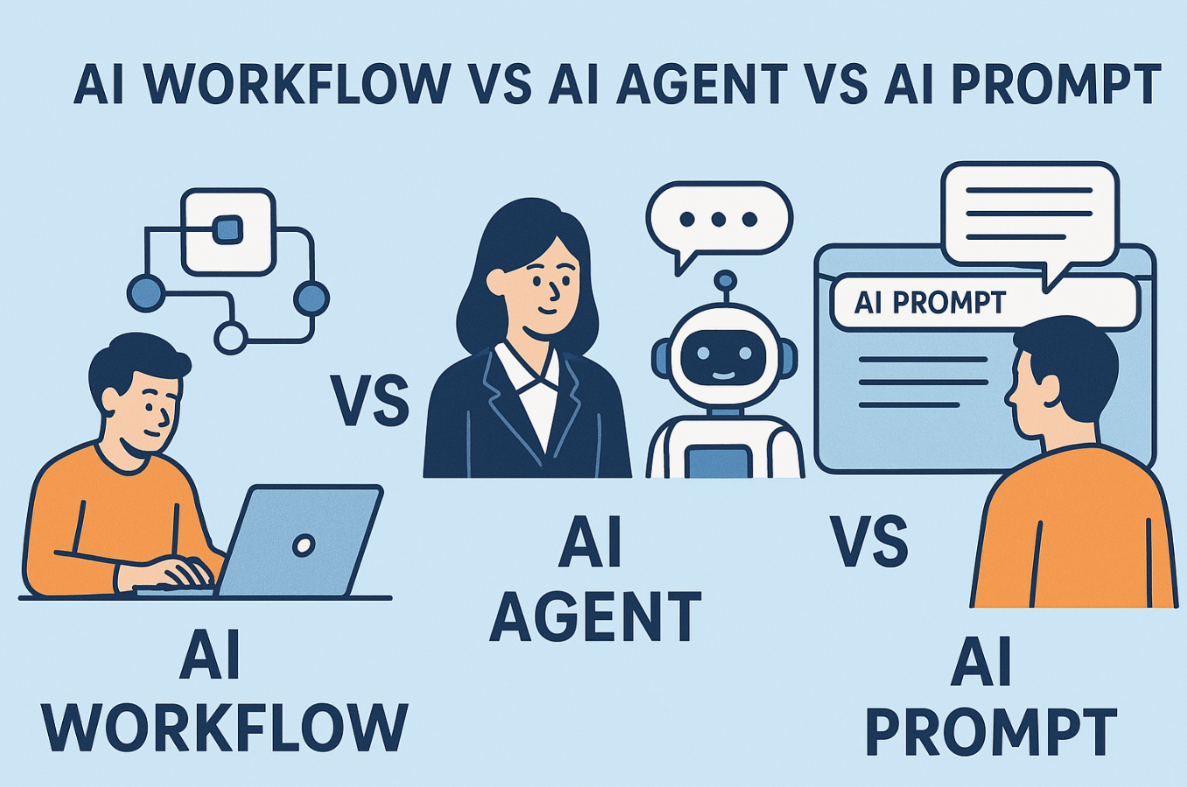In this episode, we demystify the concepts of General and Local SEO for you, ensuring you have a clear understanding of these two critical aspects of Search Engine Optimization.
Starting with a deep dive into the purpose and practices of SEO, we then unpack the specifics of General SEO, highlighting the importance of keyword research, on-page optimization, and content creation in reaching a broad audience. We then shift our focus to Local SEO, exploring its significance for businesses serving specific geographic areas. Through discussions on tools like Google Business Listings, the power of customer reviews, local citations, and geographical keywords, we underline how Local SEO can effectively target and attract local customers. By the end of this episode, you’ll have a comprehensive understanding of both General and Local SEO, and be well-equipped to leverage them to boost your service-based business.
Links Mentioned In This Episode
Get RankMath for your WordPress website
Get Local Falcon for Local SEO awareness
Articles & Episodes Mentioned in the Podcast
Episode 22- A Simple Seo Strategy For Your Website
Episode 40 – Tool Evaluation: Rank Math For Easy SEO
Episode 58 –Google My Business Review
Episode 73- SEO For Ecommerce: Google Merchant Center
Episode 78-Google Adsense Update 2022
Episode 82- Near Me Seo: Top Local Seo Tips
What we discussed:
- What is SEO?
- General SEO – optimizing your website
- Local SEO – specific geographic area
- When should you use both?
Boost Your Business: Decoding the Mysteries of General and Local SEO for Serviced-Based Businesses Transcript
The world of SEO can be confusing, especially when terms like general SEO and local SEO are thrown around often with the assumption that everyone understands what they mean. But today we’re gonna change that. In this episode, we’re going to clearly define the difference between general and local SEO and why it’s vital for your service-based business to understand and use both.
before we get to the meat of the content, we’re gonna do a little bit of housekeeping. So in my episodes, I sometimes recommend products, articles I definitely mention. Previous podcast episodes, and in this episode I’m going to mention a lot of them. And so if you go to the website, incom.com, that’s i nnk yma.com, you’re gonna see the show notes and all of those product links, article links, episode links are going to be in there along with a rough transcription of the entire episode.
So if there’s something you want to go back and understand specifically without re-listening to everything, you can certainly do that. And. All of these are on YouTube as well, on our YouTube channel at the Inma YouTube. and then I’m on camera, so you can watch along with me as I’m talking to you.
But of course, we are on all your favorite podcast platforms as well. So if you’ve listened to previous episodes, I talk about SEO a lot, and I’m going to talk about it again today. I know I’ve done six episodes on SEO already. all six of those are linked into the show notes. I’m gonna point to them as we go through the episode, but this episode’s gonna be different.
and if I could reorder all my episodes, this is probably the one that would come first, it’s a back to basics episode. The reason why I’m doing this one is I’ve had conversation with people, and I realize that in my industry, and I’ve done it too, is that we dive deep into different aspects and pieces of seo, not realizing that people don’t even understand the basics of seo, right?
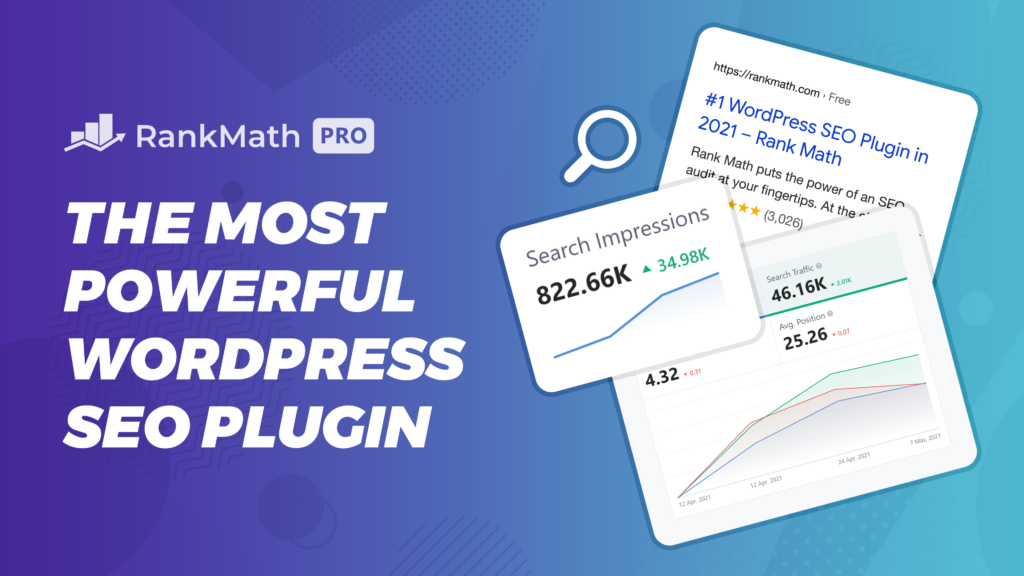
And we forget to start from the beginning and then work our way through things. So that’s what I’m gonna do today, is go back to the beginning. of SEO and basics and fundamental and initial thoughts and strategy process, not the deep howto. There are some how to episodes. I’m gonna point them out as we go.
So what is seo? SEO is search engine optimization, and all it is is it’s free visibility and awareness for your business Via Google search. Now I know there are other search engines out there, but Google search is the one that the majority of us use. The runner up behind that is Bing, and Bing is making a comeback.
We’ll see how that goes in the next six months, and maybe I’ll go back and do another episode on how all of this works with Bing if they get big enough. But right now, Google’s the game in town. So this is great, wonderful, free visibility. Who doesn’t want that? But it comes at a cost or it has a bit of a downside because it takes work, it takes understanding, and it takes knowledge in order to do it right, to set it up.
And it needs care and feeding every single month. You can’t just do it once, set it, and then let it go, and it stays happy. No, it grows over time. So there are two types of SEO specifically with Google We start out with traditional, or what I call general seo, which has been around since the beginning of Google when we first started trying to navigate the world of websites.
And then there is local e o, and this is the newer kit on the block. And not all businesses need both. So in understanding where we are today with General seo, episode 78 talks about right now in 2023, what Google is looking for when you’re putting content on your website. So definitely go check out that particular episode, to understand and take a deeper dive into that.
at a high level, traditional or general, s e o, all businesses need this. It helps people find you regardless if they’re looking for your specific business or a topic. And this is where you optimize your website for search. If you’ve heard that term, this is what we’re talking about. It’s the general, it’s the traditional seo.
And then to understand the different things you need to do in order to be successful at that, just to be found, even if they’re searching for your company name. that is episode 22 about. How you set up your website in order to be found in search to rank all those good things. Then local SEO is if someone is looking for a business or a service in a specific geographic location near them.
So this is your plumbers, your restaurants, your stores, any type of brick and mortar, and your service-based businesses that service a geographic location. So you may not have a physical store, but all your customers are clustered in a. 2, 4, 5 mile radius depending on, how far you travel. So let’s talk about a couple of different types of examples.
my company inma, my marketing agency, and we service the entire United States. I don’t care where my clients are, they could be on the east coast, they could be on the west coast. They could be my neighbor next door. My criteria is that they are a business that needs a website and needs search engine optimization versus a mobile auto mechanic.
He goes to people’s homes and does work on their cars, but there’s only so far that he is going to travel in order to do this, and that’s where that particular type of business absolutely needs local, but they’re gonna need general. So let me start to unravel that by talking about each one in more detail.
General SEO involves the practice. Of improving your website’s visibility on a broader scale. It’s casting a really wide net for potential customers and leads regardless of where their location is. And you’re gonna optimize for your specific keywords, right? Your services, your products, all of those good things.
But you also wanna optimize for terms that are being used when people are in the research phase of their buying process. So here’s an example. Let’s say I’m thinking about doing a kitchen remodel, right? I’m just at the very beginning of it. I’m not gonna start with looking for a contractor. So I’m not gonna do a search for kitchen remodel contractor.
I’m gonna start doing research on the type of things I want in my kitchen. what’s my budget gonna get me? What are the fixtures in my budget range? what are the things that I’m going to put in the kitchen to make it have a higher resale value? Because I did hear that, kitchens and bathrooms.
You get a better resale value if those are, really high end or they look really good, but I want it to be functional for me. So those are the types of things I’m going to search for. And if that type of content is not on a contractor’s website, then you’re not gonna come up in that search.
The reason you wanna grab people in that research phase and not wait until they get to the intent to purchase phase is that when you educate them, you start building that relationship with them. They come across your article, they like it. They look at your different. Offerings and services, and then they form an opinion.
Yeah, I like this company, this person, they think the way I do because they’ve resonated with your article. They know you’re a subject matter expert because you educated them, and so it creates a tighter bond right from the beginning before they’re even looking for contractors. And then of course, you do wanna optimize your entire site for those services.
And then the other thing you’re gonna wanna do from a general SEO perspective is put in location indicators of the city, and or neighborhoods you work in. So there are bigger cities out there, like Colorado Springs, Nashville, or inside of Denver. Inside of those cities, there are neighborhoods. So this is where you wanna think like a real estate agent and think about what are the names of the neighborhoods in the cities or towns or areas that you are, targeting for your business.
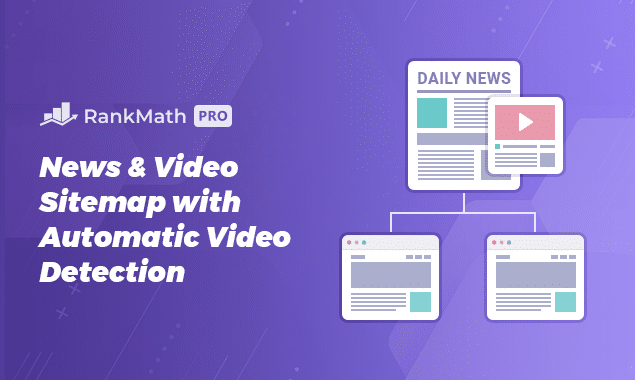
And you wanna also put those locations onto your website. now let’s move on and talk about local seo, which is focused on optimizing your online presence to attract more people for those local searches. And this is important and absolutely necessary for businesses that have physical locations, or they service a specific geographic area.
So we’ve all seen searches like dog groomers near me, dentists in Colorado Springs. And this is where your Google Business listing plays an extremely critical role on where you show up on Google Maps when someone is doing a near me search. Now, the reason that near me and the name of a City Works is because in Google Maps, when you’re doing a search like this, Google puts a pin on the map of where you are based off of, Your location on your phone, it you targets you.
It knows exactly where you are. Give or take a couple hundred feet. So if I do one of those searches where I am right now, at this moment, I’m gonna get a list of companies. But if I go across the other side of town, if I do two miles in a different direction and I do the same search, I could get a completely different listing because it’s ranking them on many different factors.
But one of them is proximity. To where I am at that point in time. So this one makes it a little bit tough because if you’re a brick and mortar, it’s pretty, it’s relatively simple. You’re going to want everybody that’s drivable within a certain mile radius of your specific location. It’s a little trickier for your trade guys and for people that are mobile that go to their clients.
because your physical location could be here, but you may also want clients over here and over here, and then you’ve gotta optimize for all of those different locations so that you come up when someone over here, which is two miles from your physical location, needs what you’re offering. This is sometimes also called offsite SEO because all the work and all the devil of the details is done with Google Business listing those near me searches.
So for more details about how it is and what to do it, that’s episode 82. But here are the high level things you wanna focus on before you get to episode 82, and that’s make sure you have a Google Business listing and that it is completely. Filled out like every possible thing. There’s a reason why Google has it in there and they’re utilizing the information.
So leaving something blank doesn’t help them help you. The other thing you wanna focus on after your listing is complete is getting Google reviews. You want them often because how current they are to today matters to Google. And then obviously the stars. You want good ratings. The other thing you wanna try to do, With your, satisfied, happy customers is get them to mention the service and their location when they’re giving you a review.
This is really important for you guys in the trades because if in my review I say something like, Hey, the plumber I used, he was great. He came and fixed my Bathroom Vanity Faucet in Colorado Springs in a specific neighborhood, and he did a wonderful job. I highly recommend him.
Google’s gonna key in on those words, like they, they index that information and say, oh, this guy did a faucet in Colorado Springs, and then they’re gonna pin you to that map, right? So that’s why it’s important to try to get. People to be as specific as possible when they’re giving you a review. And it’s probably in how you ask.
And then you want to be seen as reputable. And in order to do this in specific locations, you’re gonna need local site citations. Now all this is, is getting your company information listed on different sites that have a very high search ranking, so things like next door. Angie’s List. Even if you don’t wanna take Angie’s List leads, you want to be on that site.
Same thing with Yelp. Nobody likes Yelp, but you wanna be listed there. Your Chamber of Commerce or any other networking organizations that you’re a part of, and they have a directory listing. You wanna make sure your information’s on there. The one thing you want to make sure with this is that your name, address, telephone number, linked to your website.
All matches and it has to match back to the Google business listing. Cuz what that does is it sh, it helps Google tie those listings back to who you are, right? It’s all about making those connections. And the more connections Google has, the better off you’re going to be. And then as I said before, for General seo, it applies.
For local SEO too. Again, it’s making another connection where you have your neighborhoods and the areas that you services and the cities and the town names listed on your website because you have your Google Business listing panel, which links to your website, right? That’s a connection point, and then from that website, on the website, you have the locations listed to where you work, and then hopefully you’ve got that advanced schema.
Goodness going on, which I talk about in the website, episode that talks about your different locations. There are location schemes that you can set up and all of those, reinforce the connections with the Google map and Google search. now I wanna tie these together for these, serviced and trades locations, right?
So location-based businesses, you wanna use both. And you might ask why don’t I just need the local search? I don’t wanna want the local people. I don’t need general. So if you remember, I talked about It’s great to get people in the research phase, right? Where they’re actively looking for.
A product or service, but they’re researching it. At some point they’re gonna flip to actively searching with purchase intent, and you wanna get them. So imagine that in the research phase, you made a connection point with them, and if you had your website set up where you were collecting people for your newsletter, they sign up, they’re on your newsletter, and they get your newsletter every single month.
Now with things like a contractor, I could be in the research phase. In month one and not even switch over to the actively searching with purchase intent phase until 3, 4, 5, or six months later. And so now how do we keep that connection? How do we keep that audience warm? That’s where email marketing does its magic because you’re showing up in their inbox every single month.
They’re they’re seeing your logo, they’re seeing your information, and when they flip over to that, they may not even go to search. They may actually come back and search within their email box to find you, but let’s say month one, they’re researching. They find your article, you educate them, they like you, they don’t sign up, they maybe forget your name.
But when they do flip over to that search with purchasing intent where they are looking for a kitchen remodeler contractor near them. If you show up in search and they see your name, they see your logo, cuz right, the logo shows up in there with it. They’re more likely to key in on you because they’ve already made that mental connection, right?
You’ve already had touchpoints with them. And so the likelihood that they’re gonna start with you because you’re familiar is greater. And this is why you need to do both. now that you understand this, let’s do something with this information. Let’s take some action. So the first thing I want you to do is assess where you are today.
Do you have your traditional, basic, general SEO on your website? If not, that is where you start. You need that foundation regardless of what kind of business you are. And then the second piece of that is, regardless of what type of business you are, you do want a Google Business listing. Even if you are not a local service based business, the Google Business listing helps you.
Because people that know you will search by your company name and they often use the Google business listing as a secondary website. They’ll click on your telephone number if you have a calendar, invitation, like schedule a meeting with me on there. They’re gonna click that without clicking through to the website.
Any type of contact form, any information, they’re gonna search there first because it’s right there. They don’t have to click through to your website. To then go and get the information, it’s all right sitting there in front of me. So don’t lose that opportunity, and it’s a big one. So that’s where you wanna start.
then once you have all those basics in place, you wanna come up with an advanced plan and strategy for this. How will you optimize? Your general SEO if you need it, your local seo, what are your service and product keywords, and then what are your research based keywords for articles, so that you’re getting people in the different touchpoints along their journey.
Then if you’re local, and even if you’re not local, right? Having those testimonials on the site, on the Google Business listing are great because let’s say you’re looking for someone that’s not geographically bound to you, but you see this company comes up and they have great testimonials, you’re gonna click through, you’re gonna wanna learn more about them, right?
That is social proof, and that social proof shows up before they even get to your website. So we all need to get these consistently. And then making sure that you have those local citations everywhere, right? Your social media, your local directories, chamber of commerce. Just make sure everything matches, come up with a standard.
There’s actually software out there where you put your information in and it pushes your listing out so that you know it’s exactly the same. And then the last thing I want you to do is make sure you’re monitoring. Where you are in search, both general and local, to see if you’re moving the needle with all of your activities.
This is gonna be a lot of work, and you need to see the rewards of those efforts, and that’s what reports and data are. They’re the rewards for your effort. So for general search and how your website is doing, get into Google Search Console. It is Google’s. interpretation of your data. It doesn’t get any closer to the source than Google Search Console.
It’s free. You just gotta learn how to navigate it. But it’s gonna tell you where your average position and search is based off of specific keywords. It’s gonna show you your total impression over time, your click through rates, that good stuff. And it’s gonna give you. All of the keywords and where you’re ranking for them.
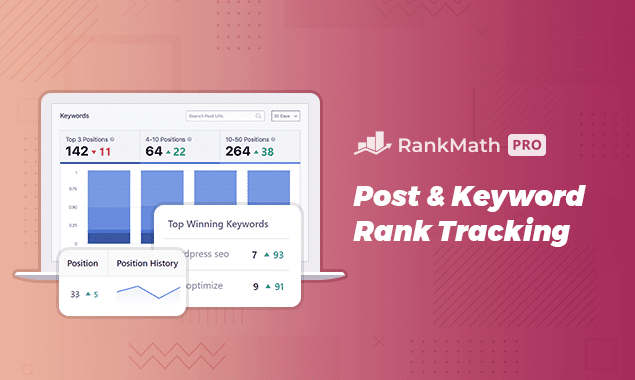
So if you’re trying to figure out, what do I write an article about next? Go and look and see where you’re showing up in search, because then you can compound on top of that in, in that research phase. And then for local search, it’s a little bit different, right? there are some analytics, and I think they’re gonna get better over time inside your Google Business listing profile.
But to figure out where you’re pinning on the map, depending on a specific geographic location, I would use a product called Local Falcon. There’s a ton of these out there, but I like local Falcon. So that link is gonna be in the show notes as well, but what it does is you associate to your Google business listing, put in a keyword.
Put a pin on the map and say, go 2, 4, 5, 6 miles out and it’s gonna show you not only where the pin is, like where you’re ranking there as if someone was searching from that location, but it’s gonna show you in these other locations how you’re showing up in search there too. So it’s a really easy way to, to see how you’re doing in and pinpoint in different physical locations.
And then you can do things to see if you can improve that. From, going low on the list to coming up higher on the Google Map search listing. So here are my final thoughts for you. So this is technical. And it’s a little monotonous, like doing all these things over and over again, setting up automation so that you don’t have to do those things.
So it takes a lot of learning hours and mastery and understanding. And for busy business owners, you’re running a profitable business. You’ve got teams out there. last thing you should be doing is trying to figure this out yourself. Right? It is not the best use of your time. This is one of those things that you really should be outsourcing.
So for that time alone, like trying to, get through the learning curve, that’s one thing. But the other thing is seeing if you’ve moved the needle like that you’ve optimized your website, that you’re showing up where you wanna show up on local search. That takes time depending on time of year, seasonality, And then search volumes.
It could take up to six months to start seeing some traction and Right. That is a very long time. And if you don’t know what you’re looking at or if you don’t think you did it the right way, you could be wasting valuable time. So hiring an SEO agency like us here at Inma. If you get it done quickly, you know you’re 99% accurate, then there’s some tweaking along the way.
But you’re gonna see that optimization happen faster. and that’s the way we do it with our clients, is we start out with the basics, the best practices. We know exactly what to do. We put all of that in place, we watch it, and then every single month we’re tweaking things until we dial everything in so that then this plan starts working year over year.
So if you’ve got questions or anything like that, definitely reach out. I’d love to talk to you about your business. here at inoa, we’d love to give back to the business community, and we do it in a multiple different ways. Now, you can go to the website in kumo.com and sign up for a 45 minute free consultation with me talking about anything in your marketing in your business.
Those 45 minutes are for you. On the site, there’s also a contact form, so maybe you have a quick question, maybe you have a suggestion for the show. I love getting suggestions for show topics or questions or anything like that. I will definitely put them on the air here. So just fill that out comes right to me.
We have marketing masterminds, we have a blog, and we also have a separate YouTube channel. And this is where the rubber meets the road for those that really have to DIY things themselves. So if you have to do your own marketing, I wanna make sure you get it done the right way. And so there we actually give you step by step on how to do specific things to grow your marketing.
And then there you can also sign up for the Marketing Masterminds newsletter, where all of that great content to DIY will get pushed to you, including with supporting podcast episodes to help you understand the strategy behind it. So it’s like each newsletter is like a little mini learning module about a specific topic.
So I hope you found today’s episode useful and helpful for you. If so, share with other business owners. I’m pretty sure they have the same questions, the same things that they’re thinking about as you are, and I wanna make sure that we’re growing and thriving together as a small business community.
So thank you so much for listening and watching, and I hope you have an amazing day.

